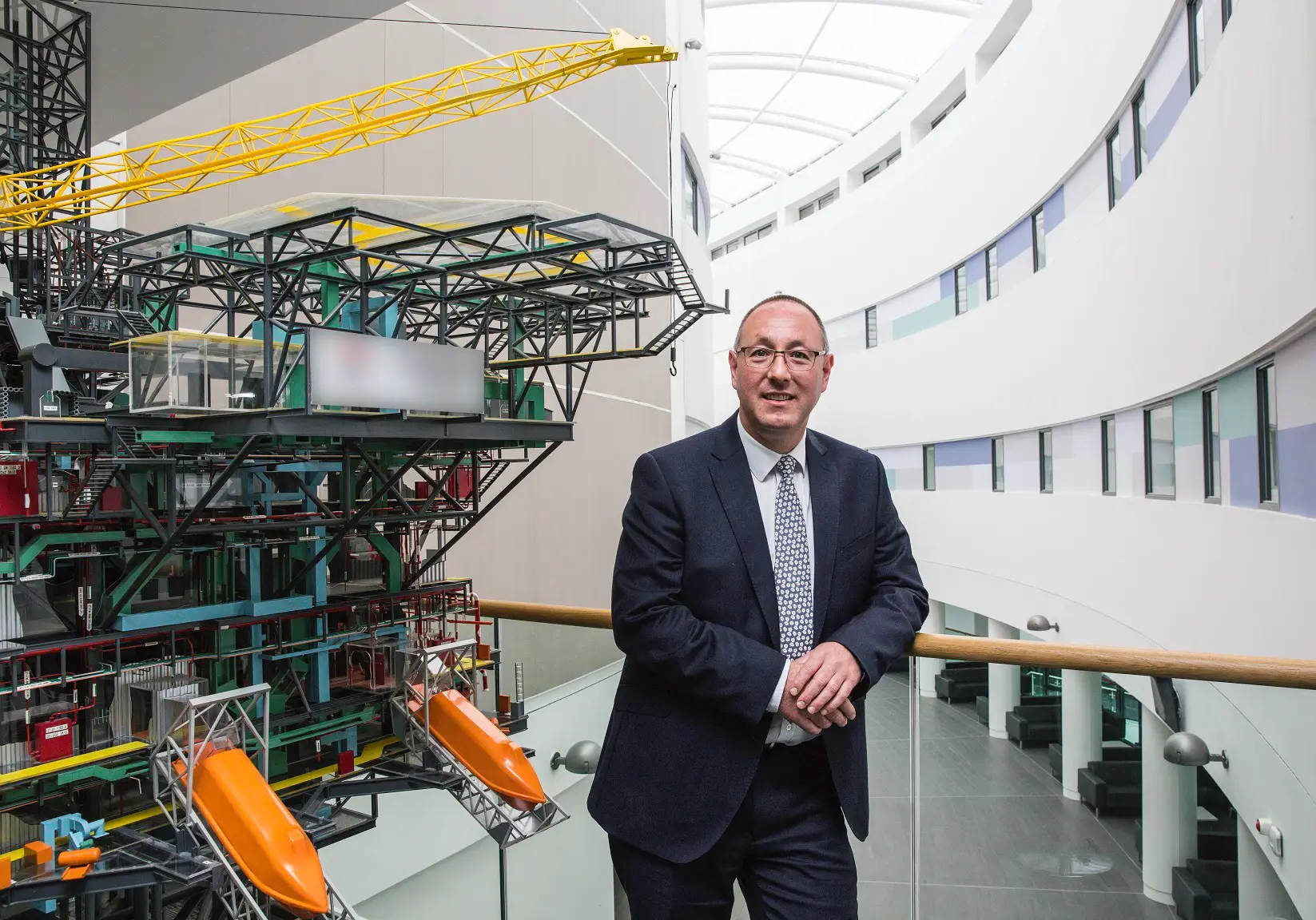Artificial Intelligence (AI) has emerged as a transformative force, reshaping industries and societies. One of its most promising applications lies in addressing the pressing issue of climate change. By offering innovative solutions for energy management and optimization, AI has the potential to significantly reduce greenhouse gas emissions and accelerate the transition to a sustainable future.
However, AI’s own energy consumption presents a paradoxical challenge. As AI models grow in complexity and scale, their energy demands, particularly within data centers, contribute significantly to global carbon emissions. The International Monetary Fund (IMF) estimates that data centers, which power AI’s computational needs, accounted for roughly 2% of global electricity demand and nearly 1% of worldwide greenhouse gas emissions in 2022. This substantial energy consumption is comparable to the annual emissions of a large nation like Italy, highlighting the scale of AI’s environmental footprint.
Furthermore, the energy demands associated with AI are projected to increase significantly in the coming years. Advanced AI models, such as generative AI, consume substantially more energy than simpler, task-specific models like those used for internet searches. This escalating energy usage raises concerns about AI’s potential to exacerbate climate change.
Despite these challenges, AI offers a powerful tool for developing and optimizing energy efficiency technologies. By analyzing vast amounts of data, AI can identify patterns, optimize energy consumption, and improve the efficiency of energy systems. For instance, AI-powered solutions can optimize energy grids, balance supply and demand, manage emissions, and allocate resources more effectively. By reducing energy waste, enhancing system reliability, and increasing the adoption of renewable energy sources, AI can contribute to a more sustainable future.
Recent studies by consulting firms such as Boston Consulting Group (BCG) and PwC have highlighted the potential of AI to mitigate climate change. By scaling up AI-enabled applications, it is estimated that AI could help reduce global greenhouse gas emissions by up to 10% over the next decade. This significant impact could offset the emissions of a major economic region like the European Union.
To fully realize AI’s potential in addressing climate change, international cooperation is essential. Global forums such as COP29 and the ADIPEC forum provide opportunities for governments, policymakers, and industry leaders to collaborate and develop strategies to accelerate the energy transition. By investing in AI research, promoting sustainable AI practices, and establishing supportive policy frameworks, we can harness the power of AI to build a more sustainable future.
As we face the urgent threat of climate change, AI offers both a challenge and an opportunity. By carefully managing its energy consumption and leveraging its capabilities to drive energy efficiency and renewable energy adoption, we can harness AI as a powerful tool to mitigate climate change and build a more sustainable planet.



